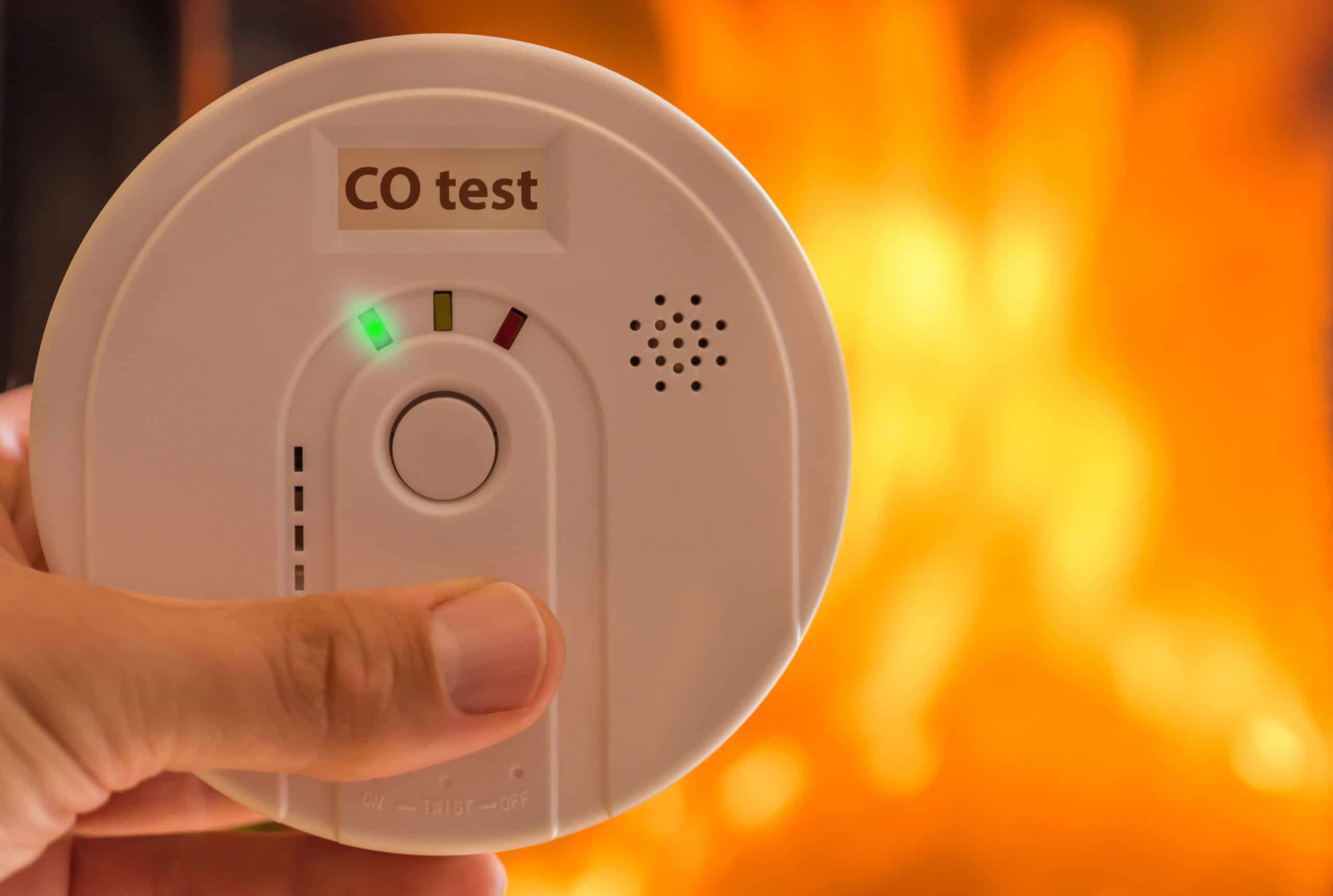Knowledge about ‘silent killer’ carbon monoxide can save lives – Pickering Fire
Published November 4, 2024 at 4:40 pm

Pickering Fire Services is hoping to educate the public on carbon monoxide safety and prevention measures, with Carbon Monoxide Awareness Week running until Thursday.
Known as the ‘silent killer,’ Carbon Monoxide (CO) is an invisible, tasteless, and odourless gas that can poison and kill. CO is produced when fuels (propane, gasoline, natural gas, heating oil, wood), do not burn completely in fuel-burning appliances such as furnaces, gas/wood fireplaces, hot water heaters, stoves, barbeques, portable fuel-burning heaters, generators, and vehicles.
“Most carbon monoxide-related injuries and fatalities occur in our homes,” said Pickering Fire Chief Steve Boyd. “We must remain vigilant against this silent threat and prioritize safety by ensuring our appliances are thoroughly inspected and our alarms are in optimal condition. Taking these preventative measures can save lives and protect our loved ones from the dangers of carbon monoxide poisoning.”
Prevent CO in the home:
- Ensure fuel-burning appliances, chimneys, and vents are cleaned and inspected annually.
- Install a working CO alarm adjacent to each sleeping area in the home. For added protection, install one on every storey.
- Ensure outside appliance vents are not blocked by snow, foliage, or other debris.
- Only use gas and charcoal barbeques outdoors (away from all doors, windows, vents, and other building openings).
- Portable fuel-burning generators should only be used outdoors in well-ventilated areas.
- Ensure portable fuel-burning heaters are vented properly, according to the manufacturer’s instructions.
- Never use a stove or oven to heat the home.
- Open the chimney flue before using a fireplace for adequate ventilation.
- Never run a vehicle or other fueled engine inside a garage, even if the garage doors are open. Always remove a vehicle from the garage immediately after starting it.
Know the symptoms of CO:
- Exposure to CO can cause flu-like symptoms such as headaches, nausea, dizziness, confusion, drowsiness, loss of consciousness, and even death.
- If the CO alarm sounds and someone experiences symptoms of CO poisoning, evacuate immediately and call 911.
- If the CO alarm sounds, and no one is suffering from symptoms of CO poisoning, check to see if the battery needs replacing before calling 911.
Know the sound of a CO alarm:
- A CO alarm sounds different than a smoke alarm. Test both alarms monthly and make sure everyone in the home knows the difference between the two sounds.
Visit Ontario.ca/firemarshal or COSafety.ca for more information on carbon monoxide.
INdurham's Editorial Standards and Policies




